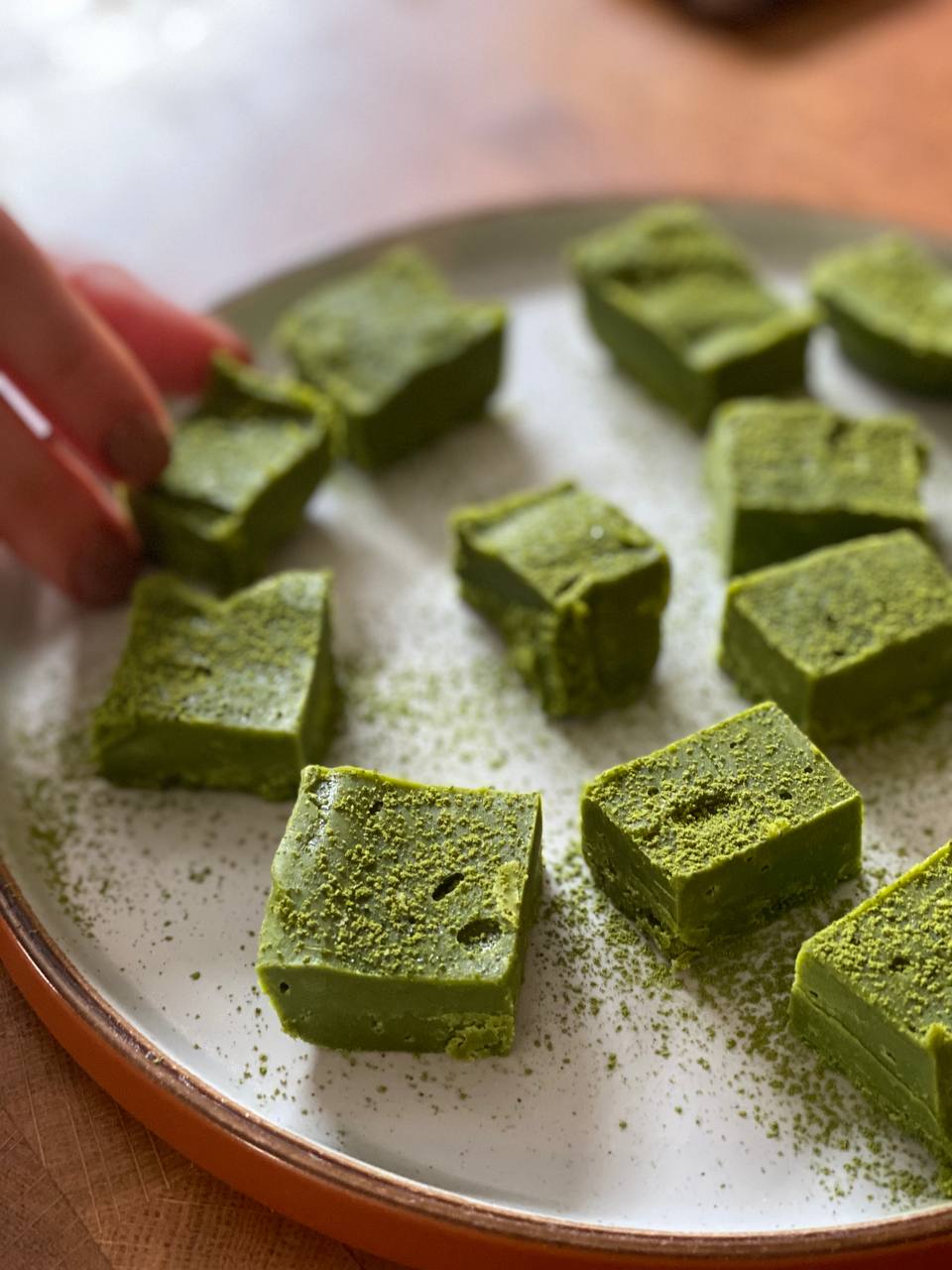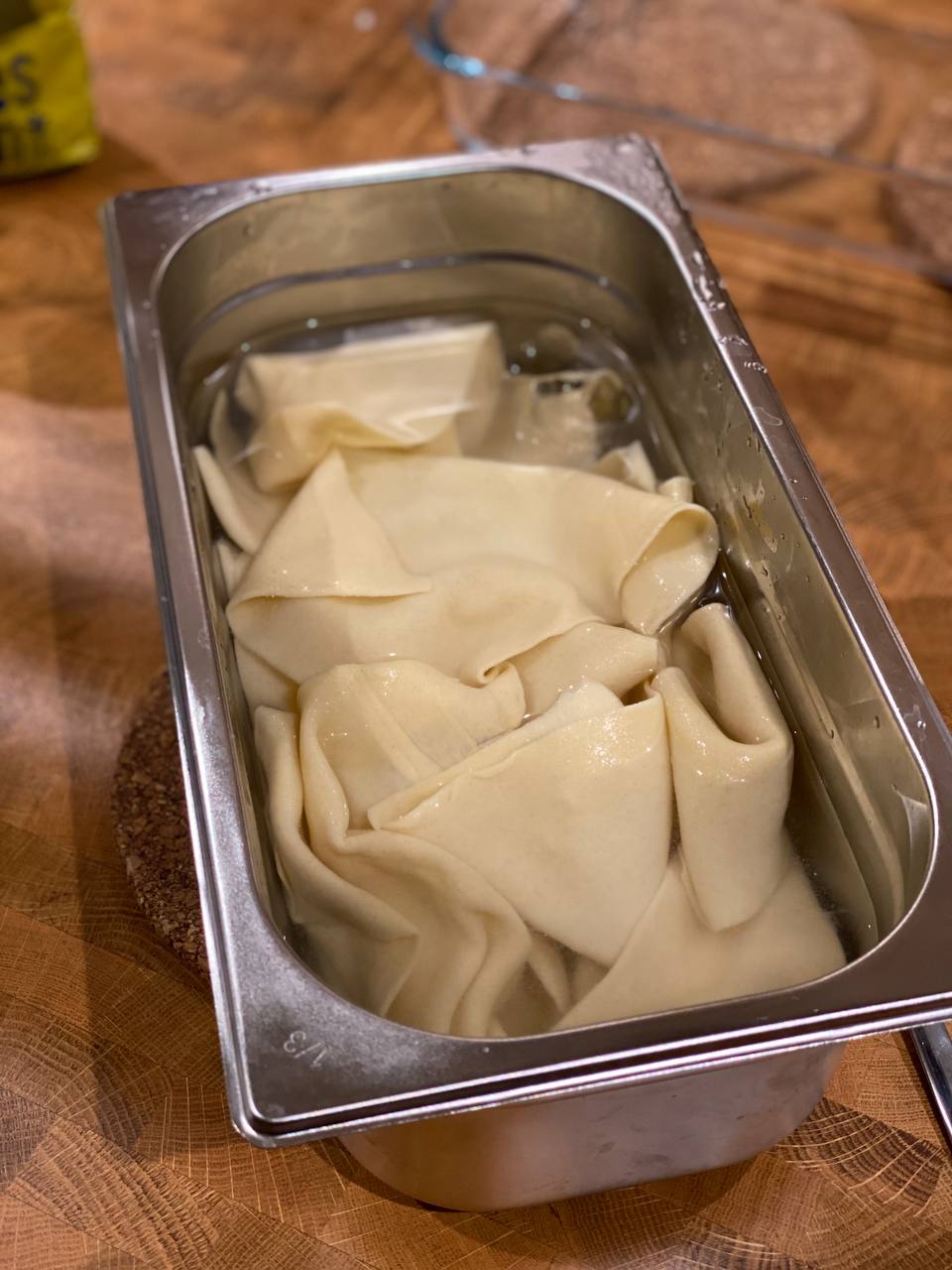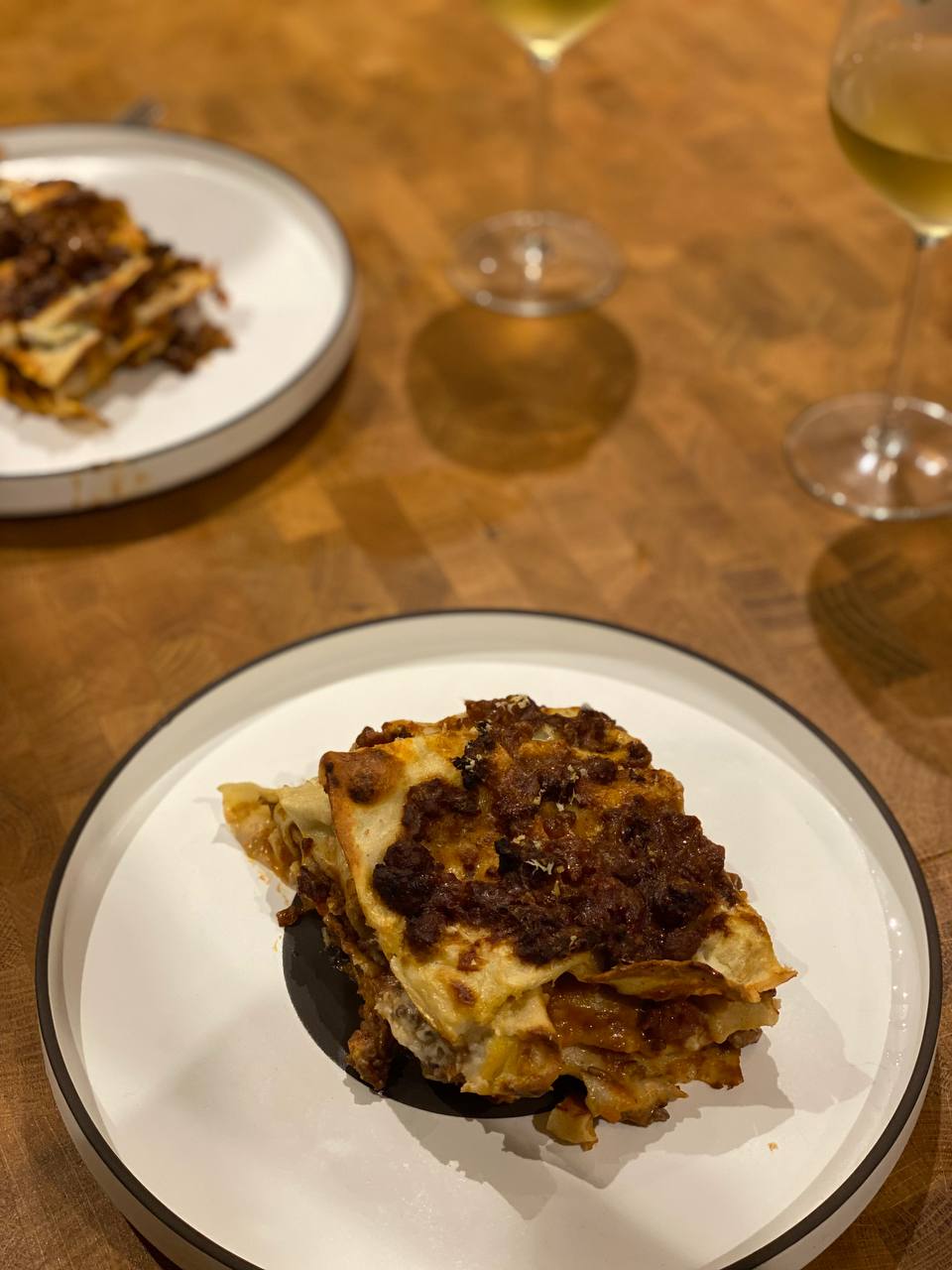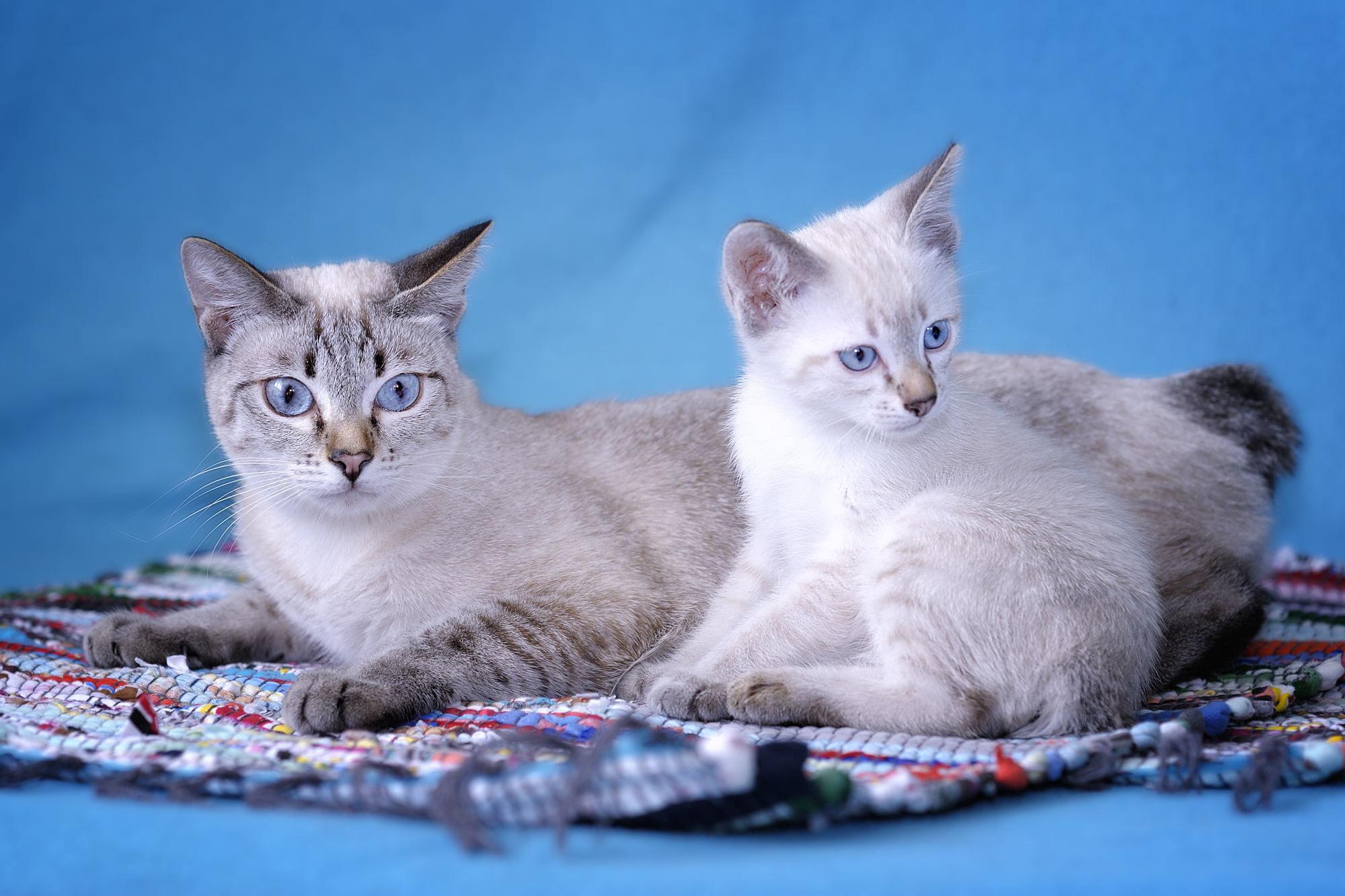Tuesday Triage #60
- TUESDAY TRIAGE #60 by Vadim Drobinin
- On being busy
- Things I enjoyed reading
- 1. Forgetting My First Language by Jenny Liao
- 2. On Time, Money and Health by @today_purpose
- 3. Dating in Delhi when you're poor by Zeyad Masroor Khan
- 4. When in Tokyo, forget everything you know about 7-Elevens and convenience stores by @nathanfenno and @latimeswharton
- 5. Up And Then Down by @Paumgarten
- 6. How a $10k poker win changed how I think by Alex O'Brien
- 7. This measurement is more than 2,200 years old, and its accuracy is remarkable by @grhutchens
- 8. Analysis of Satisfyer Toys: Discovering an Authentication Bypass with r2 and Frida by @CaptnBanana
- 9. A Chemical Hunger – Part I: Mysteries by slimemoldtimemold
- 10. Maybe You Missed It, but the Internet ‘Died’ Five Years Ago by @kait_tiffany
- Things I didn't know last Tuesday
- 1. La Mattanza
- 2. Herringbone pattern
- 3. Post-credits scenes are a thing since 1966
- 4. Cynefin framework
- 5. Astronauts need to sleep near air vents
- 6. The Soviet Union still holds the most Olympic gold medals for wrestling
- 7. Tabby cat
- 8. Jack in playing cards is not royalty
- 9. The natural birth rate of boys to girls is 105 to 100
- 10. Freelancer (etymology)
- Book of the week
- Thank you and see you in a week!
TUESDAY TRIAGE #60
by Vadim Drobinin ¶
Your weekly crème de la crème of the Internet is here!
07.09.2021 (read in browser)
-
Intro
Whatever is on my mind this week. -
Things I enjoyed reading
Ten-ish articles I found worth reading. -
Things I didn't know last Tuesday
Ten-ish facts I didn't know when I wrote the previous edition. -
Book of the week
Some thoughts on the latest book I've read.
On being busy ¶
Last week was busy.
It was busy in a good sense, filled with meetings friends, running long-awaited errands and working through recipes for my next adventure (that is, eclairs).
However it meant almost no time neither for photos, nor for weekly wisdoms.
I did remember though, that I didn't have a chance to share the matcha nama chocolate I made recently:

It's very soft and very matcha-y, even though it's mostly re-tempered white chocolate with a tad of double cream and butter. The technique is unusual as it calls for cooling the sweets down in the fridge: usually it is not advised, as the rapid temperature drop causes condensation and improper crystals are formed, but in that case it is actually desired.
Also we made some lasagna from scratch. The trick to it being evenly cooked is to quickly blanche the sheets and cool them down in an ice bath.

At that point pretty much all ingredients of the lasagna are ready to it, so you can properly control the oven to get the right texture on top without being worried of pasta not cooking through.

And last but not least, I met some of my colleagues for a small boat trip through the city centre. I used to live nearby, and it was nice to come back:

Now back onto scaling down eclair recipes.
Things I enjoyed reading ¶
1. Forgetting My First Language by Jenny Liao ¶
I always suspected that languages are different from muscular memory, and while cycling is something people do not forget even after decades, one can easily loose some knowledge of a language after certain time.
It looks quite scary though:
There are many milestones I wish I could have shared with my parents—awards I’ve won, career changes I’ve made, occasions I knew they would have been proud of. But I couldn’t find the words in between the ums and ahs, the never-ending games of charades to explain the happenings in my life. Throughout my career as a strategist in advertising, gwong gou, Cantonese for “advertisement,” was the furthest I got when explaining my job.
After I decided to move across the country from New York City to Los Angeles, I didn’t know how to say “California.” Instead, I mangled the translation and strung together the Cantonese words for “other side of America, closer to China.” My parents guessed correctly. “Gaa zau?”
And, after my now-fiancé proposed, I mistakenly told my parents, “I’m married!” My mother thought she had missed a wedding that hadn’t happened yet, all because I didn’t know the word for “engaged.”
Personally despite living in a different country for quite some time, I am fortunate enough to both read books in my mothertongue but also converse in it daily. I wonder though whether dropping the native knowledge of one's first language changes the perception of other languages? If I were to forget it, would it make my English more fluent? What language would I dream in?
2. On Time, Money and Health by @today_purpose ¶
A worthy conversation on money being only partly important in life. Health, for one, seems to be way harder to obtain and maintain, even with the help of funds, as well as time, so investing into savings is an odd way to come to happinness.
As said earlier, we spend 1/3 of our “career stage” at work, and we do this mainly for money. The longer we work, the more skills we get, so the more money we make. However, our best years also happen during that career phase, and this is when we can get the most of the experiences that will inevitably compound in time. Do you want to spend all your career phase and miss out on all the experiences you can get when you’re young and healthy?
This is also pretty much the reason I am not buying into all these F.I.R.E movements.
3. Dating in Delhi when you're poor by Zeyad Masroor Khan ¶
I often forget that despite growing up in a third-world country by many metrics, I was still quite lucky:
“We used to gift each other colorful dhaga (sacred threads) or lockets bought from roadside vendors, meet each other on terraces in our colony and convey our messages through our younger cousins or mutual friends,” Surender said. “We used to meet in desolate lanes and ask the younger ones to be on a lookout. That was what we termed as a date. It was years before I took her to have a burger at a McDonalds’ outlet in Connaught Place. It cost me 60 rupees.”
The whole article is a good way to peer into the lives of ordinary people in India, not something you could easily spot in Goa.
4. When in Tokyo, forget everything you know about 7-Elevens and convenience stores by @nathanfenno and @latimeswharton ¶
A funny story about the pover of corner shops in Japan, where they might partner with Michelin chefs or gather groups of fans:
But packaged meals and delicacies are where these stores truly shine, with so much more than ever-rotating hot dogs and re-warmed chicken strips. The selection changes constantly, new arrivals announced weekly on the internet, anticipated with the same fervor otherwise reserved for the release of Yeezy sneakers or an album drop.
I've seen a few 7-Elevens back there in Russia, and pretty sure they were not as fancy, just convenience stores with random rubbish and cheap soda in wine cases. It might have been their splendid targeting for the local audience though.
5. Up And Then Down by @Paumgarten ¶
A breathtaking ride (sorry not sorry) through the history of elevators and stories behind them. It reads like an ode to machinery, although in fact is more of a precaution:
Two things make tall buildings possible: the steel frame and the safety elevator. The elevator, underrated and overlooked, is to the city what paper is to reading and gunpowder is to war. Without the elevator, there would be no verticality, no density, and, without these, none of the urban advantages of energy efficiency, economic productivity, and cultural ferment. The population of the earth would ooze out over its surface, like an oil slick, and we would spend even more time stuck in traffic or on trains, traversing a vast carapace of concrete. And the elevator is energy-efficient—the counterweight does a great deal of the work, and the new systems these days regenerate electricity. The elevator is a hybrid, by design.
To be fair, it reminded me of my slight fear of elevators back in the childoohd. I don't remember if I ever got stuck, but I definitely feared going into a free fall – that fear might have just came back.
6. How a $10k poker win changed how I think by Alex O'Brien ¶
This is not the first time I read about poker, and yet it is always fascinating how such a simple to learn game proves to be so complicated to master.
The two cards a player is dealt are also referred to as starting hands. There are 169 starting hands in No-limit Texas Hold’em. The playability and equity of the hands you play changes depending on a number of variables which dictate your actions. To help with their first strategic or betting decision, some poker players refer to charts. These are models that have been mathematically calculated by a computer for every position on the poker table and the corresponding chip stack size. They are visualised as grids of 169 squares and the ranges are colour coded. Memorising these is key to understanding your own position vs your opponent’s. Understanding ranges is key to winning.
Last time I played poker was probably a few years ago, mostly because joining lads for six rounds of beer and two games doesn't sound exciting. Maybe this time I would actually give it a try online though.
7. This measurement is more than 2,200 years old, and its accuracy is remarkable by @grhutchens ¶
A yet another reminder of how great mathematics is. To me it always shows up when you can explain something in an exceptionally simple way (the author does it with a few sketches and a page of text) but to prove a very complicated point (like the circumference of the planet).
Was he correct?
He was incredibly close.As it turns out, the meridional circumference of Earth (from pole to pole) is roughly 40,008 km, and the equatorial circumference is about 40,075 km (it's bigger at the equator because Earth slightly bulges in its middle).
Even more, now you could even reproduce the whole process yourself.
8. Analysis of Satisfyer Toys: Discovering an Authentication Bypass with r2 and Frida by @CaptnBanana ¶
Mobile security is cool, but there is a way to make it even more exciting, e.g bypass authentication in a range of sex toys. This is not the first time something like that happens, and obviously is not limited to sex toys per se, as we've seen everything – from "smart" mirrors to coffee machines – successfully exploited.
All that’s left to flash something into a test device is a firmware package of the vendor. Unfortunately, all of my Satisfyer devices were already shipped to me with up-to-date firmware. There’s an API endpoint that allows downloading firmware images but it requires brute forcing various parameter values and I don’t want to do that :D
A quick idea was to order an old Satisfyer but then I’ve noticed that buying items like these in used condition is very weird :S.
Luckily, the more personal a device is, the higher the chances that people actually would pay attention.
9. A Chemical Hunger – Part I: Mysteries by slimemoldtimemold ¶
A selection of myth busters about diets and obesity. It has quite a few parts to it, and the first one was the most interesting to me as it mostly focuses on unexpected and/or unexplained things encountered over years of observing people (and not only people).
There’s a lot of disagreement about which diet is best for weight loss. People spend a lot of time arguing over how to diet, and about which diet is best. I’m sure people have come to blows over whether you lose more weight on keto or on the Mediterranean diet, but meta-analysis consistently finds that there is little difference between different diets.
Some people do lose weight on diets. Some of them even lose a lot of weight. But the best research finds that diets just don’t work very well in general, and that no one diet seems to be better than any other.
Might be anecdotal evidence, but I spent a few months sticking to the slow-carb diet from 4 hours body, and lost almost ten kilograms (successfully gained them back in a year though, thanks to a splendid British cuisine).
10. Maybe You Missed It, but the Internet ‘Died’ Five Years Ago by @kait_tiffany ¶
Out of all conspiracy theories I've encountered in the Internet, this one is my favourite.
Let me explain. Dead-internet theory suggests that the internet has been almost entirely taken over by artificial intelligence. Like lots of other online conspiracy theories, the audience for this one is growing because of discussion led by a mix of true believers, sarcastic trolls, and idly curious lovers of chitchat.
Sometimes it does feel indeed that there are more bots in the Internet than it used to be a decade ago. It is not a bad thing though. Creating content is easier than ever, but people tend to consume way more than produce, so the niche must be filled by something else, even if this is just an AI.
Things I didn't know last Tuesday ¶
1. La Mattanza ¶
Think corrida but with huge fish:
The term "mattanza" (the slaughter) comes from the Spanish word "matar" meaning "to kill" and refers to a hundred years old traditional tuna-fishing technique.

Seems like it wasn't done for the last few decades though, at least in public, so most likely it won't became a thing again.
2. Herringbone pattern ¶
I learnt that not only patterns have names, but also that sometimes these names are not really related to the actual patterns (not even at slightest).
The herringbone pattern is an arrangement of rectangles used for floor tilings and road pavement, so named for a fancied resemblance to the bones of a fish such as a herring.
I still think that seeing a herring in this is too much:

3. Post-credits scenes are a thing since 1966 ¶
I was somewhat convinced that Marvel popularised post-credits scenes, but it's been around for way longer:
The first film to feature a post-credits scene is The Silencers, released in March of 1966. The scene depicts lead character Matt Helm (played by Dean Martin) along with a cadre of beautiful women and the caption, "Matt Helm Will Return".
Not I am not even sure if Marvel came up with an idea to have two different scenes after credits...
4. Cynefin framework ¶
A nice approach to making decisions, heavily promoted by Snowden not so long ago:
Cynefin offers five decision-making contexts or "domains"—obvious (known until 2014 as simple, more recently renamed clear by Snowden), complicated, complex, chaotic, and disorder—that help managers to identify how they perceive situations and make sense of their own and other people's behaviour.
I really like this area in the middle (which stands for the disorder).

5. Astronauts need to sleep near air vents ¶
No more regrets of not being able to become an astronaut:
In the weightless environment of space, the carbon dioxide (CO2) that astronauts expel could form a bubble around their head. That is why they have to sleep near an air vent.
If that's not enough, look up how many ear problems they encounter.
6. The Soviet Union still holds the most Olympic gold medals for wrestling ¶
The USSR doesn't exist for thirty years and yet still is at the top:
Soviet Union: 62 gold, 31 silver, 23 bronze, 116 total
If only anything else from back then stayed as strong.
7. Tabby cat ¶
The "default" cat we imagine when thinking of a cat actually has a name:
A tabby is any domestic cat (Felis catus) with a distinctive 'M' shaped marking on its forehead, stripes by its eyes and across its cheeks, along its back, and around its legs and tail, and (differing by tabby type), characteristic striped, dotted, lined, flecked, banded or swirled patterns on the body—neck, shoulders, sides, flanks, chest and abdomen. "Tabby" is not a breed of cat but a coat type seen in almost all genetic lines of domestic cats, regardless of status.
Kind of surprising that it is unrelated to its breed at all.

8. Jack in playing cards is not royalty ¶
Frankly I didn't really think much about it before, but even then the card is definitely closer to a Queen than to a 10.
A jack or knave, in some games referred to as a bower, is a playing card which, in traditional French and English decks, pictures a man in the traditional or historic aristocratic or courtier dress, generally associated with Europe of the 16th or 17th century.
My twitter research didn't get much traction, but it is somewhat funny how in both Russian and French the card is called "valet", while in Swedish it is "knekt" (soldier) and in Dutch it is "boer" (farmer).
9. The natural birth rate of boys to girls is 105 to 100 ¶
The boys to girls ratio used to even out eventually, as more boys were dying in childhood:
Our analysis illuminates an unappreciated major shift of sex mortality differences in the first year of life when biology is the prominent factor. Although one might expect that innate biological differences between males and females would result in a constant level of the excess vulnerability of males, our analysis shows that biological differences are highly sensitive to both the medical-technical and epidemiological contexts.
Luckily this is not the case anymore.
10. Freelancer (etymology) ¶
I never thought about the word's etymology, although somewhat managed to link its independent nature and the word "free".
Although the term freelancer is commonly attributed to Sir Walter Scott (1771–1832) in Ivanhoe (1820) to describe a "medieval mercenary warrior" or "free-lance" (indicating that the lance is not sworn to any lord's services, not that the lance is available free of charge), a previous appearance occurs in Thomas N. Brown in The Life and Times of Hugh Miller (1809), p. 185.
It changed to a figurative noun around the 1860s and was recognized as a verb in 1903 by authorities in etymology such as the Oxford English Dictionary. Only in modern times has the term morphed from a noun (a freelance) into an adjective (a freelance journalist), a verb (a journalist who freelances) and an adverb (they worked freelance), as well as into the noun "freelancer".
Quite suprising to have it traced back to a relatevily recent occurance by W. Scott.
Book of the week ¶
If someone opens a restaurant in their own name, it must be either exceptional or terrible.
Judging by Nathan Outlaw's book Restaurant Nathan Outlaw, this one is the former:
Jax has been growing asparagus in Cornwall since 1991. Having a dairy farm, she found a need to diversify and began growing asparagus on ground in Trebetherick near Daymer Bay, where the soil and aspect lend themselves perfectly to the crop. Asparagus is very labour intensive. New plants take three years to mature and be ready to harvest, and the spears have to be cut by hand, which partly explains the cost of the vegetable and its luxury status.
After harvesting, the remains of the plants are left to grow into a ‘forest of green’, almost two metres tall. This dies down in the autumn, allowing the crowns to recover and fortify ready for the next crop. Jax now provides many of our local chefs with their annual supply, and has supplied our restaurants in Cornwall for several years.
The place is actually the only British fish restaurant with two Michelin stars, despite being in the middle of nowhere in Cornwall, which is quite far from the usual routes of restaurant critics.
The value of the book is not in the fish recipes though, there are other great books about cooking fish (including the Josh Niland's one I mentioned before).
The actual value is in stories being exceptionally local. As the restaurant is in place far from huge groceries and with visitors that are sometimes very unpredictable, the author has to come up with unexpected (and ideally wasteless) ways of cooking pretty much everything.
This also makes the restaurant very seasonal. Usually you'd find menus tied to the four seasons of the year, but when you work with such delicate ingredients, their amount actually doubles as early summer tends to differ a lot from late summer, and so on.
Early Autumn, for example, calls for mackerel with mushroom cream and pancetta, while in late Autumn it'd be scallops, parsnips, and curry sauce.
Didn't expect it from myself, but I am actually looking forward to cooking more seafood.
Thank you and see you in a week! ¶
If you have any questions, or want to suggest a link for the next newsletter, please drop me a message on Twitter or reply to this email.
Cheers! 🍸